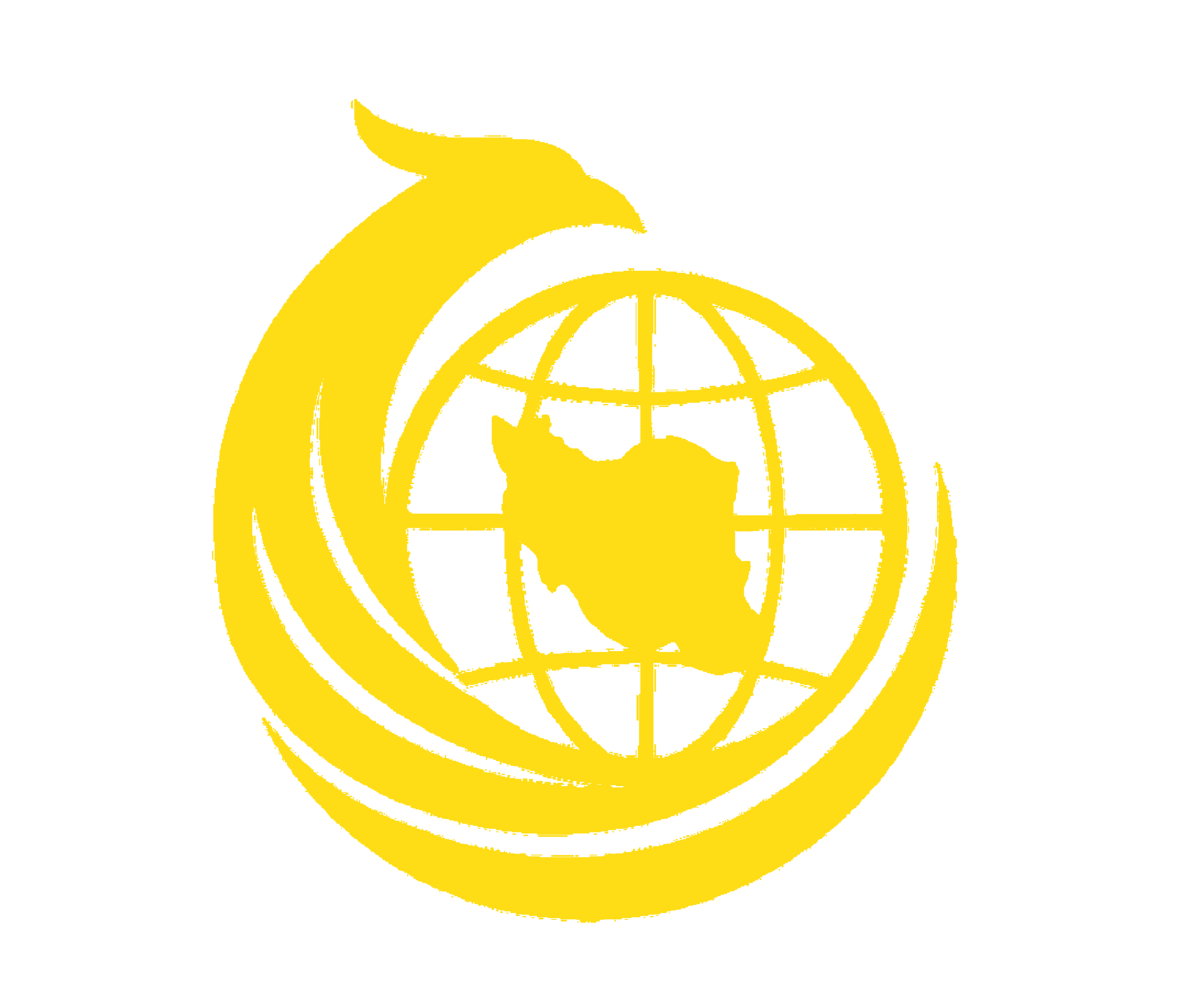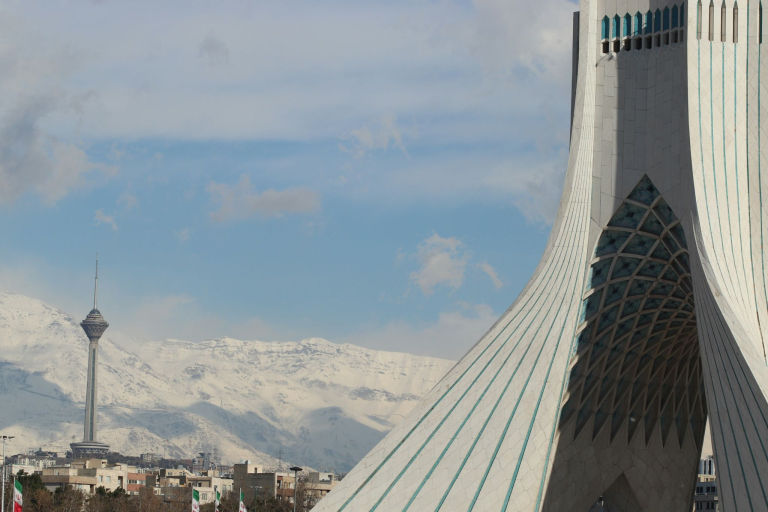Global Demand Shaping Iran’s Petrochemical Expansion

Petrochemicals are the backbone of modern economies—fueling industries such as packaging, automotive, construction, healthcare, and consumer goods. As global demand for polymers, plastics, and resins continues to rise, Iran is emerging as a significant player in the petrochemical sector. For international companies, this growth creates both opportunities and challenges.
The key to unlocking these opportunities lies in accessing the right expertise. By leveraging Market Entry Services in Iran, foreign businesses can navigate local regulations, cultural complexities, and supply chain challenges while benefiting from Iran’s cost advantages in petrochemical production.
Market Background: Iran’s Petrochemical Landscape and Global Demand
Iran’s Position in Global Petrochemicals
Iran holds one of the largest proven natural gas reserves in the world. This abundance gives it a competitive edge in producing petrochemicals at lower costs compared to many other markets. With more than 60 petrochemical complexes, Iran’s annual production capacity surpasses 90 million tons, much of which is exported.
Global Demand Dynamics
The world’s demand for petrochemicals is rising for several reasons:
- Urbanization and Construction: Rapid infrastructure growth drives demand for plastics and polymers.
- Consumer Goods Expansion: Packaging, household goods, and textiles increasingly rely on petrochemical derivatives.
- Automotive Industry: Lightweight polymers are critical for reducing vehicle emissions.
- Healthcare Growth: Medical-grade plastics and resins are in high demand post-pandemic.

For global companies, tapping into Iran’s petrochemical market is an attractive opportunity. However, success requires careful planning and often the support of Market Entry Services in Iran.
Read more about Why Foreign Companies Should Explore Iran in 2025 – Pars Reach
Comparing Iran With Global Petrochemical Hubs
Iran competes with countries like Saudi Arabia, China, and South Korea in petrochemicals. Its cost advantage comes from cheap feedstock, while its challenge lies in limited access to advanced technologies and global financial networks.
- Price Advantage: Iranian polymers often sell 15–20% below global averages.
- Market Reach: Exports are strong in Asia, Africa, and select parts of Europe.
- Constraints: Sanctions and logistics limitations reduce accessibility for some international buyers.
By engaging Market Entry Services in Iran, companies can identify the most profitable export channels, evaluate compliance requirements, and establish partnerships with vetted local suppliers.
Challenges & Risks in Entering Iran’s Petrochemical Market
Despite its advantages, Iran presents unique challenges. These include:
1. Regulatory and Sanctions Complexity
Foreign investors face international sanctions, varying trade restrictions, and complex regulatory requirements. Without Market Entry Services in Iran, businesses may face compliance risks.
2. Logistics and Infrastructure Gaps
While Iran has ports and industrial hubs, bottlenecks in transportation and customs clearance can slow trade.
3. Currency Volatility
The Iranian Rial is subject to frequent fluctuations, creating risks in pricing and long-term contracts.
4. Limited Market Transparency
Unlike Western benchmarks such as ICIS or Platts, Iran’s petrochemical pricing is less transparent. Access to real-time market intelligence often requires local partnerships.
Practical Advice & Steps for Foreign Companies
To take advantage of Iran’s petrochemical expansion while minimizing risks, companies should consider these practical steps:
Step 1: Conduct In-Depth Market Research
Understand which petrochemicals (polyethylene, polypropylene, PVC, resins) align with your industry needs. A Market Entry Service in Iran provides tailored reports on pricing, demand, and suppliers.
Step 2: Build Local Partnerships
Work with local petrochemical producers or distributors. Partnering with a local marketing agency offering Market Entry Services in Iran ensures credibility and smoother negotiations.
Step 3: Navigate Compliance Early
Consult experts to understand sanctions, tax laws, and customs regulations before committing to contracts.
Step 4: Use Free Trade Zones
Iran’s free trade zones offer tax exemptions and simplified import-export rules. Many foreign businesses leverage these zones for petrochemical trade.
Step 5: Secure Logistics & Hedging Strategies
Work with agencies that provide logistics support and recommend hedging mechanisms against currency fluctuations.
Case Study: A Southeast Asian Plastics Manufacturer
A plastics manufacturer in Southeast Asia was struggling with high polymer prices from its traditional suppliers. The company explored sourcing polypropylene from Iran to reduce costs.
By partnering with a Market Entry Service in Iran, the company:
- Identified reliable Iranian suppliers with competitive pricing.
- Established contracts in free trade zones to reduce risks.
- Created a logistics plan using nearby Gulf ports.
- Reduced raw material costs by 18% within the first year.
This case demonstrates how professional support is critical when entering Iran’s petrochemical market.
Conclusion: Why Now Is the Time to Explore Iran’s Petrochemical Opportunities
Global demand for petrochemicals is not slowing down. From packaging to healthcare, industries worldwide need steady and cost-efficient supplies. Iran, with its feedstock advantage and expanding production capacity, is uniquely positioned to meet this demand.
For international companies, the question is not whether Iran is an opportunity, but how to enter the market strategically. This is where Market Entry Services in Iran prove essential—helping businesses research, plan, and execute successful strategies while staying compliant and competitive.
👉 Contact ParsReach, our marketing agency in Iran, today to learn how we can support your petrochemical market entry strategy and help you succeed in this fast-growing sector.
FAQ
1. Why is Iran considered a competitive petrochemical supplier?
Iran’s abundant natural gas reserves give it a significant cost advantage in producing petrochemicals, making prices more competitive compared to many global markets.
2. What are the main risks of entering Iran’s petrochemical market?
Key risks include sanctions, currency fluctuations, logistics bottlenecks, and regulatory complexity.
3. How can Market Entry Services in Iran help foreign companies?
These services provide research, supplier vetting, compliance guidance, logistics support, and long-term strategy planning.
4. Which petrochemicals are most attractive to international buyers?
Polyethylene (PE), polypropylene (PP), and PVC are among the most exported and competitively priced products.
5. Is Iran’s domestic market also attractive for petrochemicals?
Yes. Domestic demand is rising due to growth in the construction, automotive, and consumer goods industries.
6. What’s the best way to start exploring opportunities in Iran’s petrochemical sector?
Start with a market entry assessment from Pars Reach as a local agency offering Market Entry Services in Iran, then proceed with supplier engagement and compliance checks.






